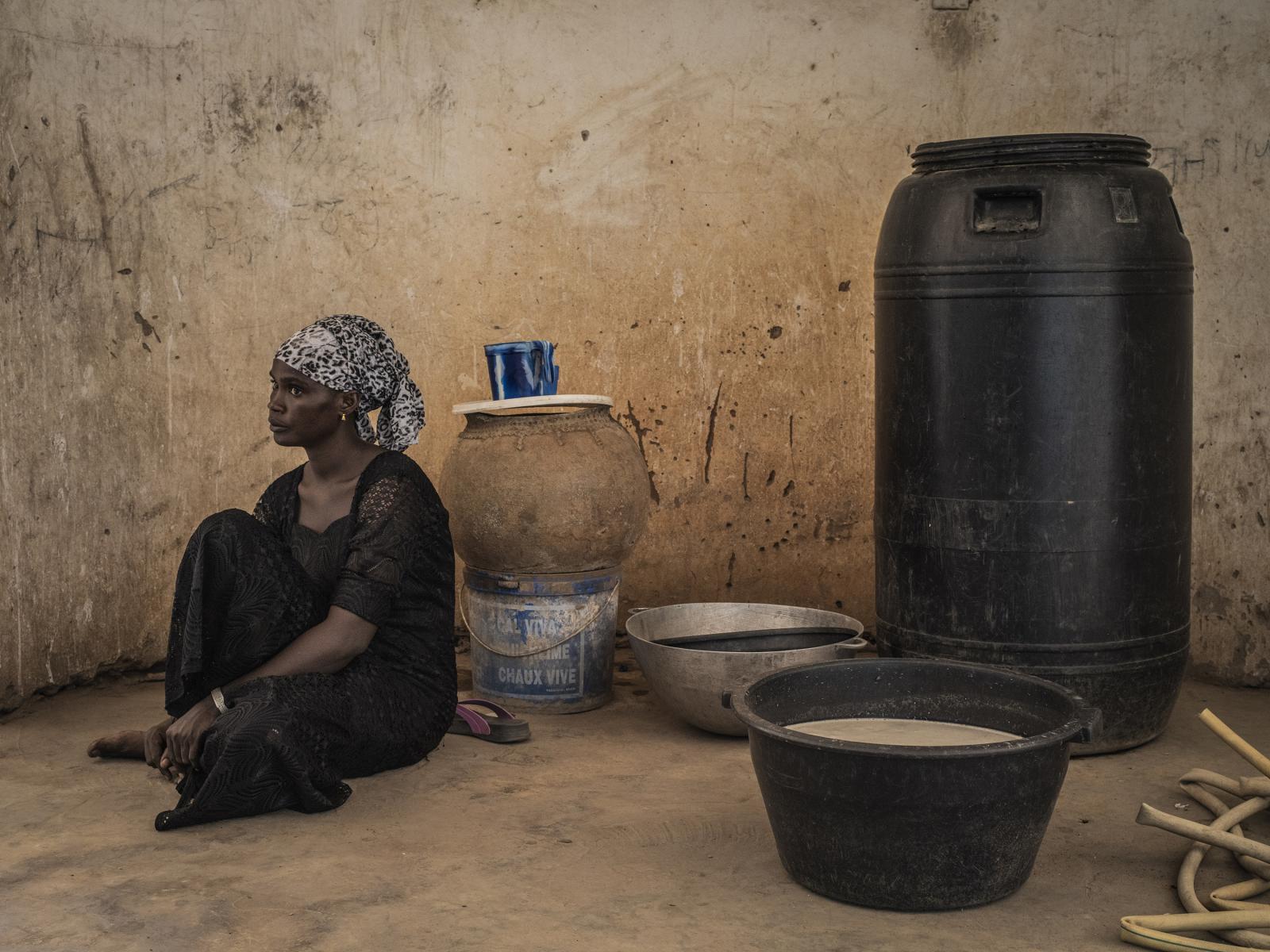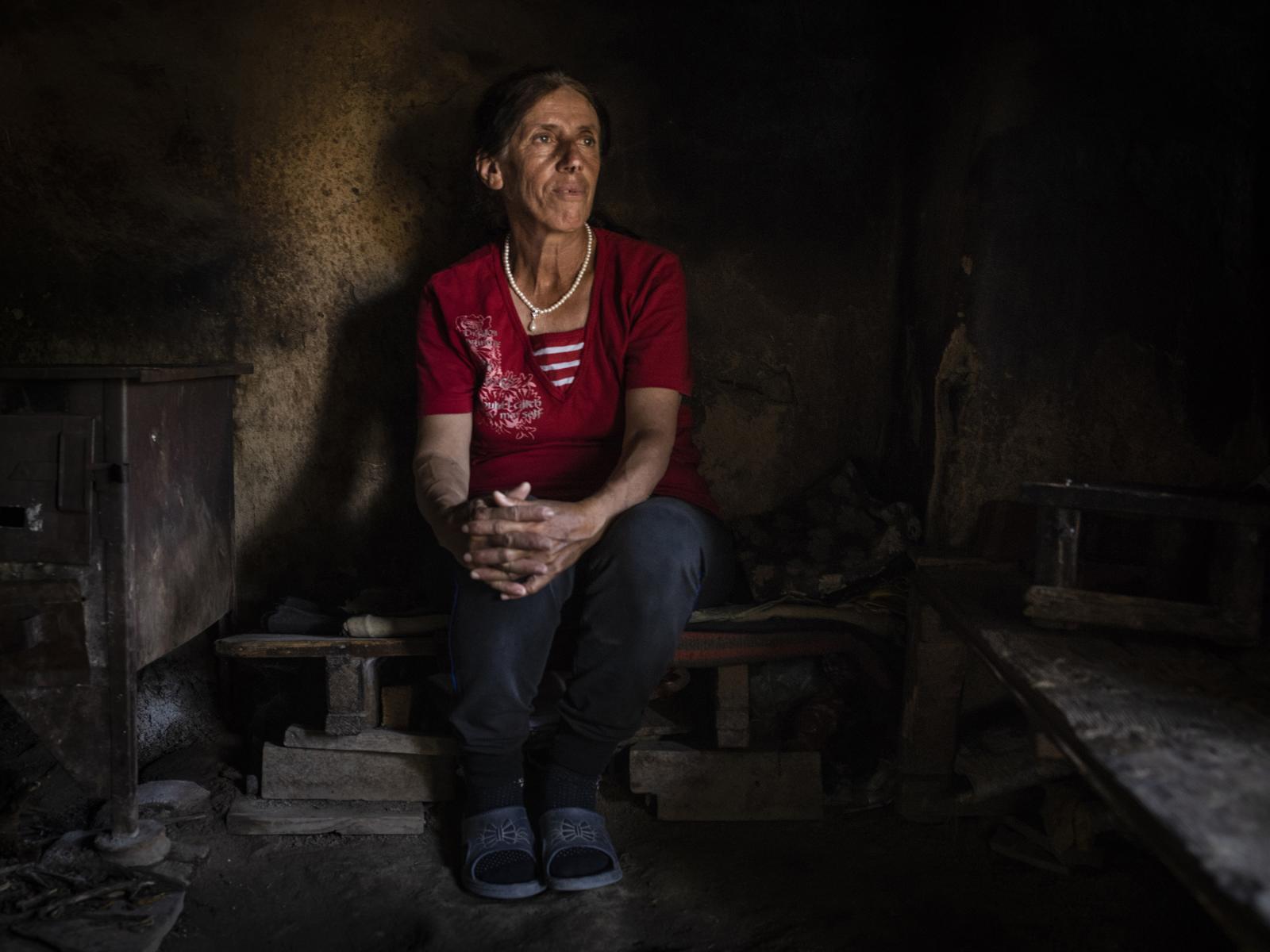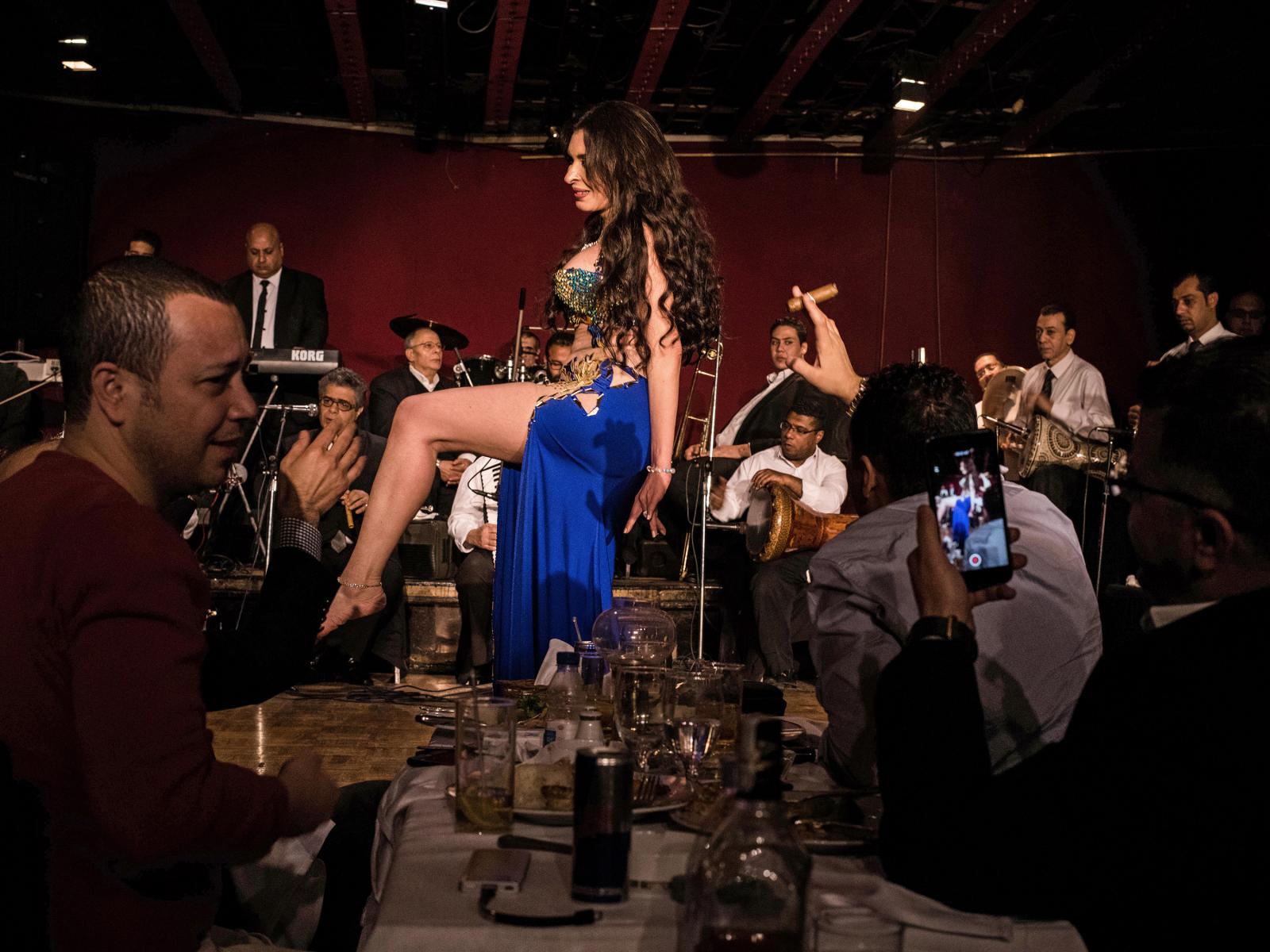Private Story
Women's Stories
After graduating from high school in Kuwait I was discouraged from pursuing higher education and a career. As a result, I had to fend for myself. I found work as a receptionist in Kuwait and enrolled in a distance-learning sociology program at the Lebanese University and also in a correspondence photography course with a school in New York. I moved to Beirut in 1998 to finish my final year of university.
More interested in photography than sociology, I combined my course work with part-time work as an assistant to a former war photographer, who gave me my first assignment: a trip to a garbage dump in northern Lebanon to document the effects of pollution.
Amid the stinking trash I fell in love with photography, a passion that led to my first job with the Associated Press in Beirut and then a position as a staff editor with Agence France Presse. I spent the next eight years traveling across the Arab world, producing daily news photography of the wars and conflicts that came in the wake of the 9/11 attacks, while also documenting the perseverance and courage of people living through the turmoil. Work for major international media outlets like the New York Times followed.
Informed by my own experiences, my photographs go far beyond the breaking news of the moment to explore and bring to life issues that don’t always lend themselves easily to photography, like education and recovery from trauma.
A series of photos published in a book form in 2020 with the title“I Read I Write,” documents women overcoming illiteracy, discrimination and stigma to get educated and employed in the Arab world.
For another project, titled Survivor, I have for more than a decade followed Mohammed, a Palestinian man who, as an 11 years old boy, lost both legs in a cluster bomb explosion in southern Lebanon.
My career overlapped with Anja’s, though sadly, we never met. We worked close to each other in Baghdad, as two female photographers and photo editors. The people I see in Anja’s photos in Sarajevo under siege, in Kabul during an uneasy peace are not victims. They are survivors. Their triumph not their defeat shines through her images. We don’t feel sorry for the people we see in her pictures but we feel empathy. They are role models and examples for all of us to learn from.
Thank you for considering my work for an award that reminds us all of Anja’s work, her personality and her legacy in the world of photography.












